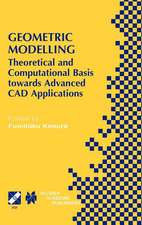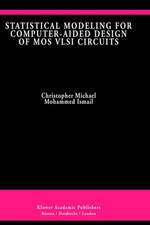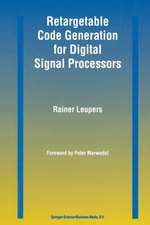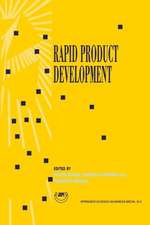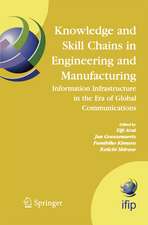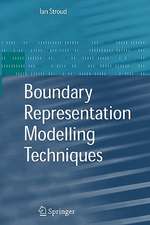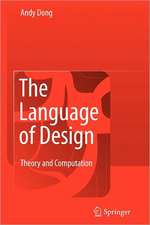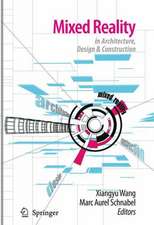Computer-aided Tolerancing: Proceedings of the 4th CIRP Design Seminar The University of Tokyo, Tokyo, Japan, April 5–6, 1995
Editat de Fumihiko Kimuraen Limba Engleză Paperback – 20 sep 2011
| Toate formatele și edițiile | Preț | Express |
|---|---|---|
| Paperback (1) | 1248.72 lei 6-8 săpt. | |
| SPRINGER NETHERLANDS – 20 sep 2011 | 1248.72 lei 6-8 săpt. | |
| Hardback (1) | 1254.84 lei 6-8 săpt. | |
| SPRINGER NETHERLANDS – 31 iul 1996 | 1254.84 lei 6-8 săpt. |
Preț: 1248.72 lei
Preț vechi: 1560.90 lei
-20% Nou
Puncte Express: 1873
Preț estimativ în valută:
239.02€ • 250.62$ • 197.49£
239.02€ • 250.62$ • 197.49£
Carte tipărită la comandă
Livrare economică 29 ianuarie-12 februarie 25
Preluare comenzi: 021 569.72.76
Specificații
ISBN-13: 9789401071833
ISBN-10: 9401071837
Pagini: 356
Ilustrații: VIII, 342 p.
Dimensiuni: 155 x 235 x 19 mm
Greutate: 0.5 kg
Ediția:Softcover reprint of the original 1st ed. 1996
Editura: SPRINGER NETHERLANDS
Colecția Springer
Locul publicării:Dordrecht, Netherlands
ISBN-10: 9401071837
Pagini: 356
Ilustrații: VIII, 342 p.
Dimensiuni: 155 x 235 x 19 mm
Greutate: 0.5 kg
Ediția:Softcover reprint of the original 1st ed. 1996
Editura: SPRINGER NETHERLANDS
Colecția Springer
Locul publicării:Dordrecht, Netherlands
Public țintă
ResearchCuprins
One Functional tolerancing.- 1 A declarative information model for functional requirements.- 2 Constrained dimensioning and tolerancing assistance for mechanism.- 3 Univocal expression of functional and geometric tolerances for Design, Manufacturing and Inspection.- 4 A tolerancing tool based on kinematic analogies.- 5 Modelling spatial dimensional chains for CAD/CAM applications.- Two Tolerance modelling.- 6 Toleranced feature modelling by constraint of degree of freedom for assignment of tolerance.- 7 Quality features in CAD- and CAPP- systems.- Three Modelling geometrical error.- 8 Geometrical behaviour laws for computer-aided tolerancing.- 9 Configuration space based analysis of position uncertainties of parts in an assembly.- 10 Physically based modelling for evaluating shape variations.- Four Statistical tolerancing.- 11 Towards an ISO standard for statistical tolerancing.- 12 Statistical process control using vectorial tolerancing.- 13 Probabilistic analysis of geometric tolerances.- 14 Taguchi rules in some Japanese standardizations of tolerancing.- Five Tolerance system.- 15 Tolerance optimization using genetic algorithms: benchmarking with manual analysis.- 16 Optimal tolerance synthesis by genetic algorithm under the machining and assembling constraints.- 17 Holistic approach and advanced techniques & tools for tolerance analysis & synthesis.- Six Computational metrology.- 18 Data processing method for geometrical forms with form deviations in Coordinate Metrology.- 19 Algorithmic circularity measurement for fringe analysis and sub-micron position sensing.- 20 Inspection method for geometrical tolerances using coordinate measuring machine.- 21 A soft gaging approach for complex cases including datum shift analysis of geometrical tolerances.- 22 An evaluationof geometrical errors by segmentation with fitting form features.- Author index.- Keyword index.


